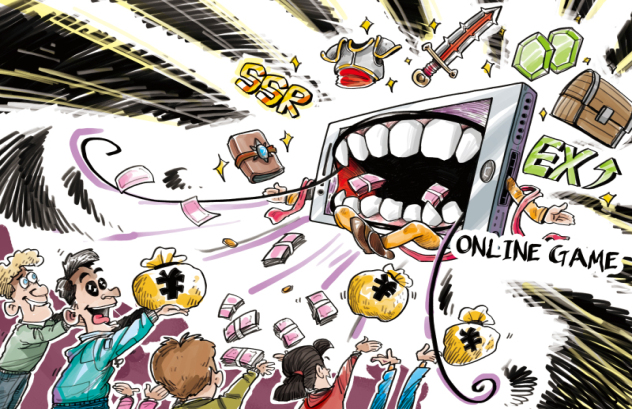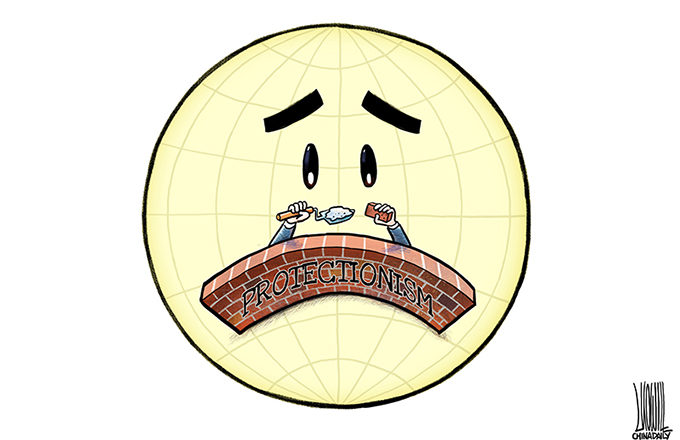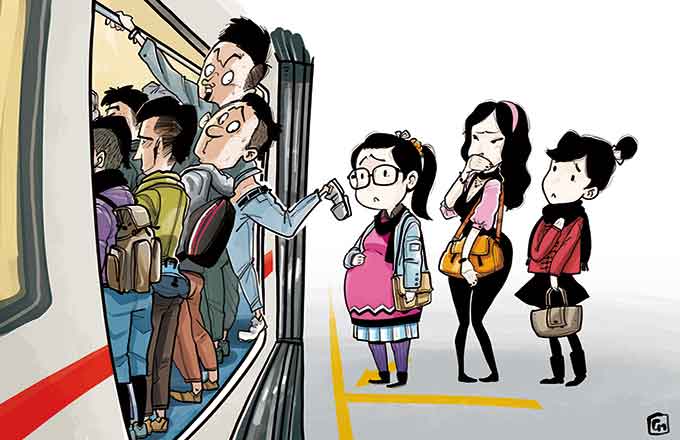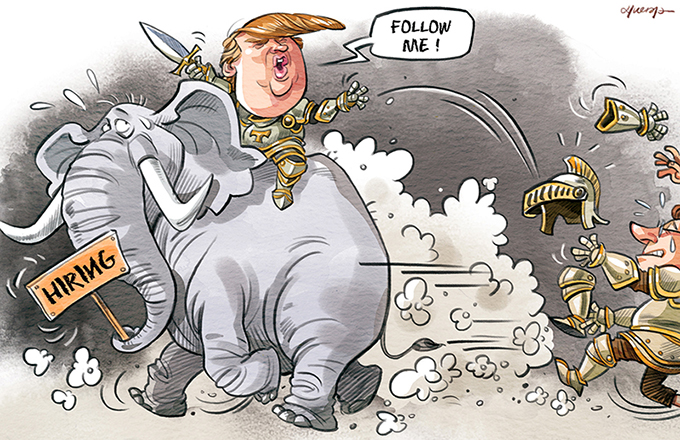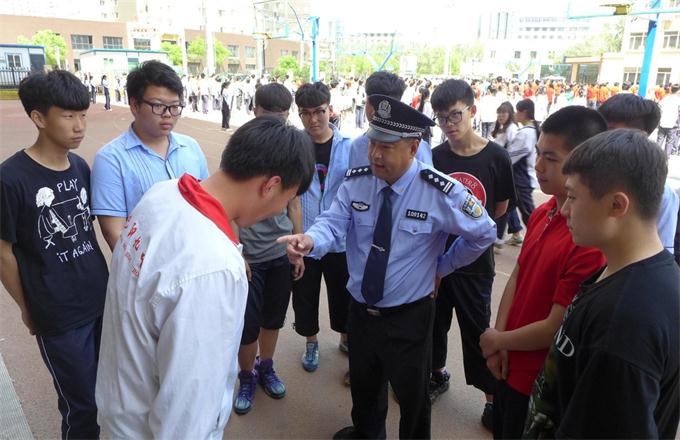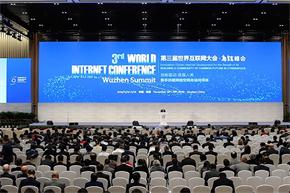Authorities can't turn a blind eye to electric bikes
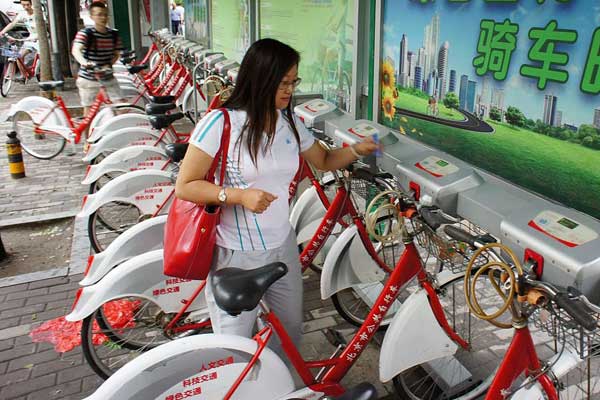 |
|
A woman rents a bicycle in the Sanyuanqiao area. Beijing now offers 14,000 bikes for rent and plans to nearly double the number this year to promote eco-friendly transportation.[Photo provided to China Daily] |
Electric bicycles and tricycles have become a sore point in Beijing's traffic situation, Legal Daily commented on Saturday:
It is not uncommon for those using electric bicycles and tricycles to break the traffic rules, especially couriers delivering packages. Their ignoring the traffic rules, of course, comes at a cost. Last year, in Beijing alone, accidents involving electric bicycles and tricycles caused the deaths of 113 people and injured over 20,000.
But banning them from the roads or limiting their routes, as some cities have tried to do, is simply counterproductive. Affordable and mobile, these vehicles have a huge market among both residents and express companies. Nor has imposing harsh punishments on rule-breaking users and controlling the production of electric bikes made any difference.
The bottom line should be that those using such vehicles must abide by the traffic rules. A viable choice would be to make tailored regulations for their manufacture and use. On the one hand, their manufacturers should be required to meet certain production standards, such as the weight and the speed of electric bikes. On the other hand, there must be efficient management of them.
Their riders need to receive proper training, apply for a license plate, and purchase required insurance before they hit the road. This highlights the need to define what electric bicycles and tricycles are, tricky as it might be. Faster than bikes and slower than cars, they are currently in a gray area.
Therefore, local authorities have to reach a consensus. The demand for such vehicles will stay strong in the foreseeable future, which warrants targeted and binding rules on the use and production of them.




